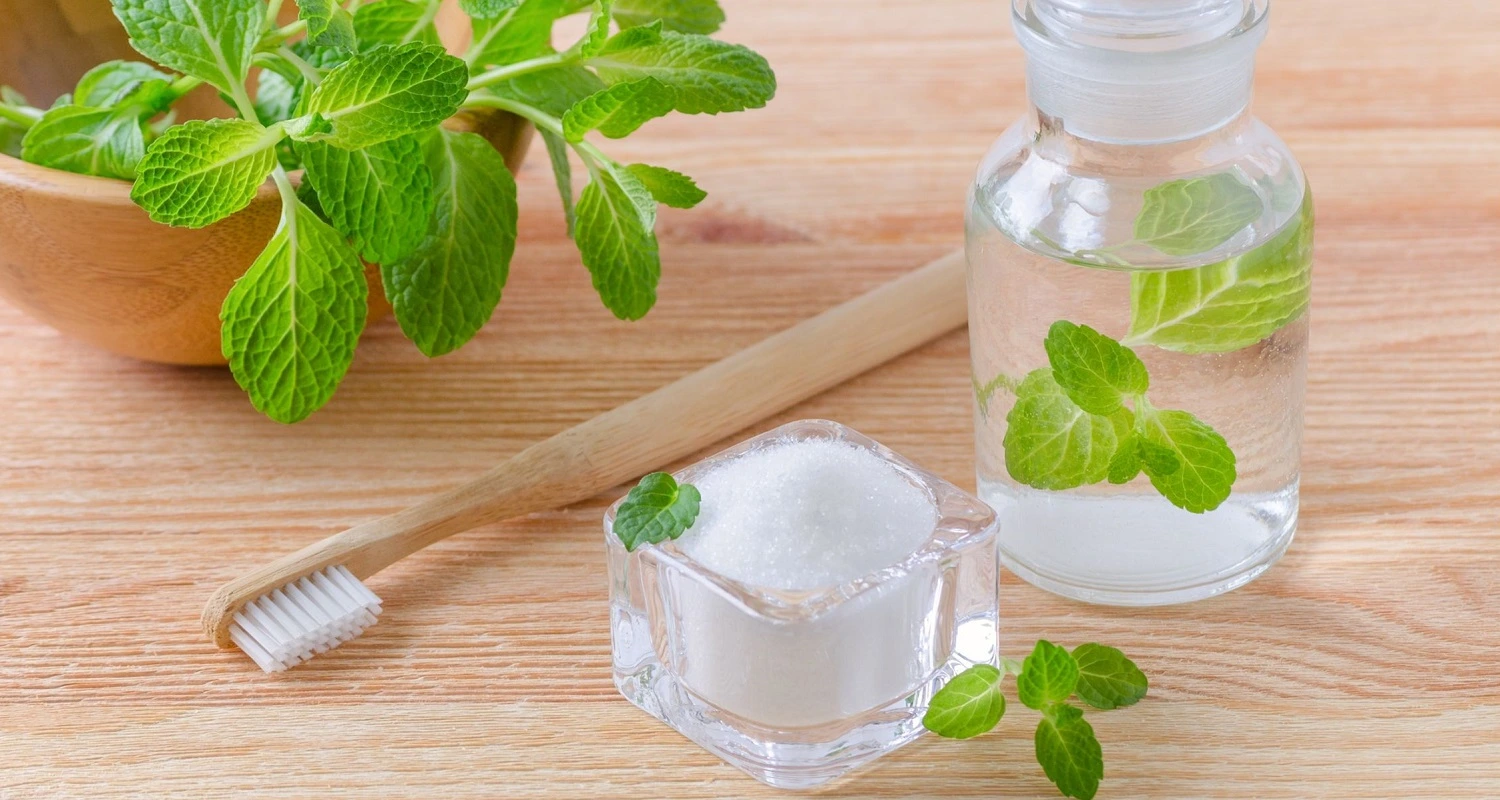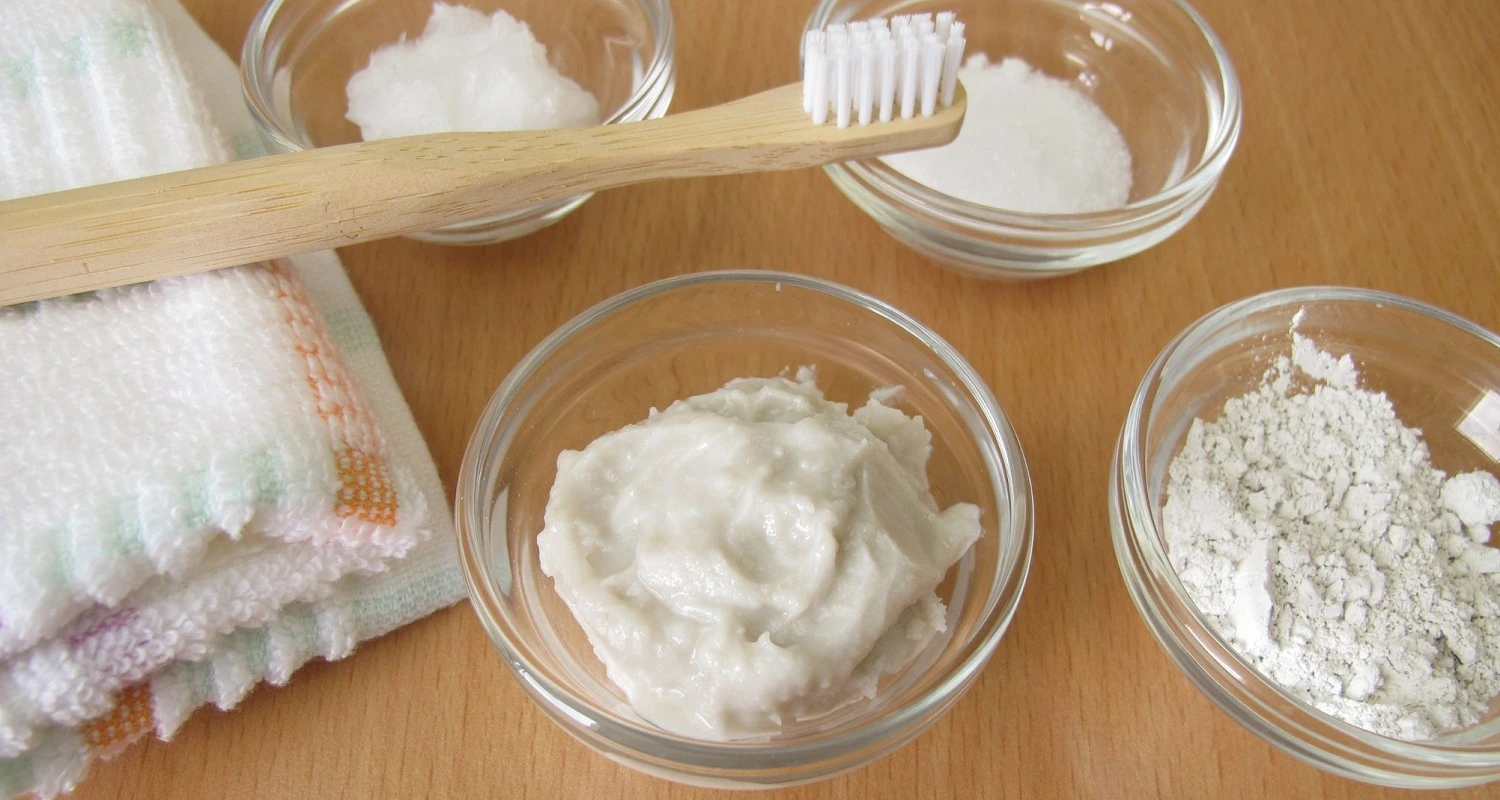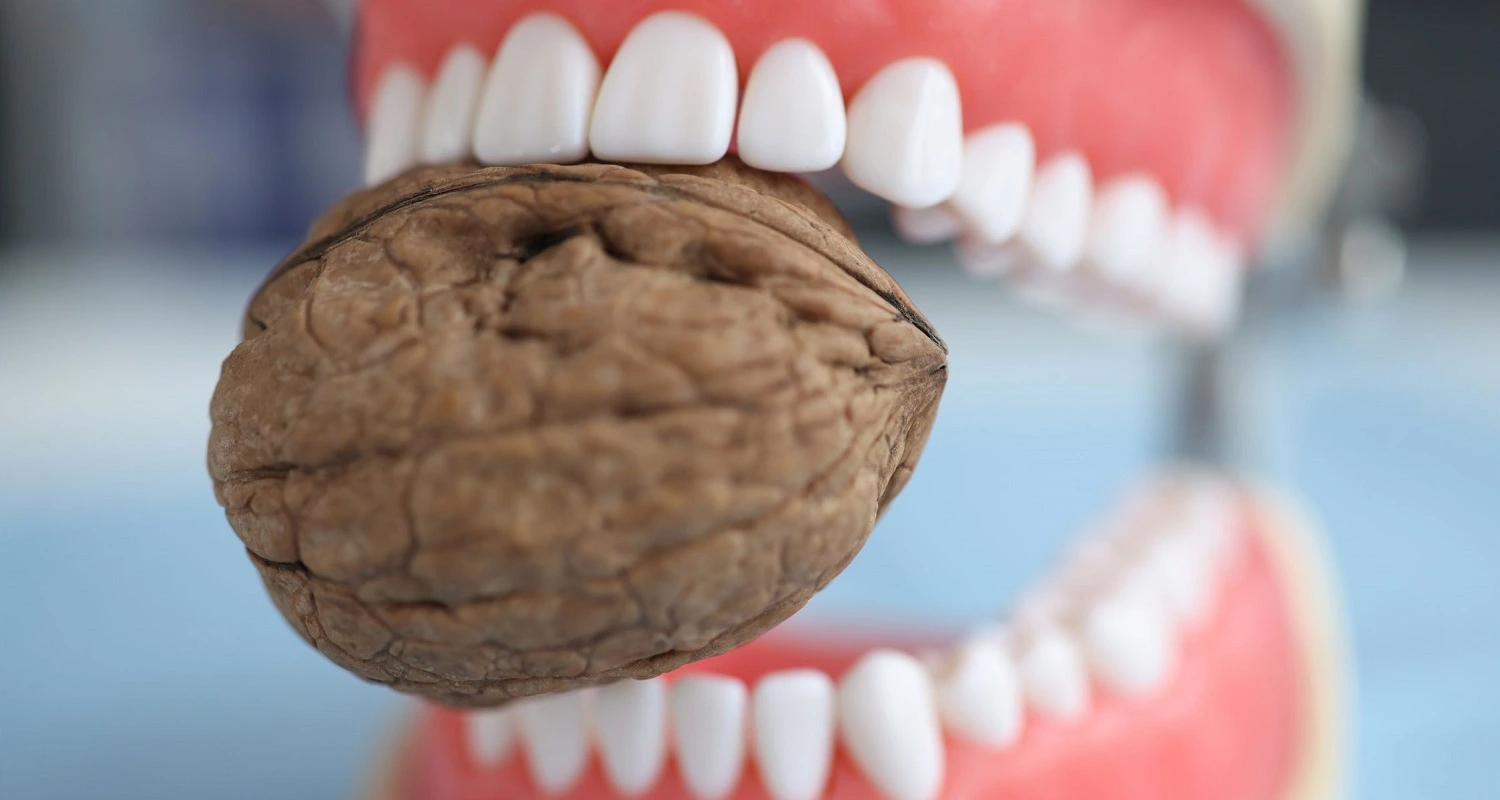Last Updated on: 2nd January 2026, 08:14 am
Toothpaste with xylitol helps prevent cavities by inhibiting harmful bacteria, supporting enamel remineralization, and balancing oral pH. It's a safe, natural option for daily dental care.
Is Toothpaste with Xylitol a Natural Way to Prevent Cavities?
A bright smile and a healthy mouth not only make us feel confident but are also indicators of overall well-being. One of the main challenges in dental care is the prevention of dental cavities. In this article, we will explore how toothpaste with xylitol has become a popular and effective option for maintaining oral health and preventing cavities.
What is Xylitol?
Xylitol is a naturally occurring sugar alcohol found in small amounts in many fruits and vegetables. It is commonly used as a sweetener in sugar-free products, but its importance in dental care lies in its unique properties. Xylitol has been shown to have the ability to inhibit the growth of oral bacteria and, as a result, has gained recognition as an ally in the prevention of dental cavities.

Why choose Toothpaste with Xylitol?
Choosing a toothpaste with xylitol can make a difference in your dental care routine. Xylitol, when incorporated into toothpaste, becomes a valuable tool in maintaining a healthy smile. Its action in inhibiting oral bacteria is crucial to prevent the formation of dental plaque and, therefore, reduce the risk of cavities.
Xylitol toothpaste is not only effective for gum health but is also one of the best options for promoting a healthy oral microbiome. If you’re interested in the best toothpaste for gum health, you can check out this related article.
Does Toothpaste with Xylitol Really Work According to Research?
Numerous studies support the effectiveness of xylitol toothpaste in preventing cavities and improving overall oral health. The action of xylitol in inhibiting oral bacteria is one of its strong points. By reducing the population of harmful bacteria in the mouth, you decrease the likelihood of dental plaque forming, one of the main causes of cavities.
In addition to bacteria inhibition, xylitol may also contribute to tooth remineralization. This means it can help strengthen tooth enamel and reverse early signs of acid erosion, which is especially beneficial for those patients with sensitive teeth.
On the other hand, there are concerns about the abrasiveness of carbon-based toothpaste and its potential to damage tooth enamel if used excessively, whereas Xylitol toothpaste is generally considered safe for daily use in terms of safety concerns.
What Are the Benefits and Side Effects of Toothpaste with Xylitol?
Xylitol offers a number of oral health benefits, but it is important to use it in moderation. Its oral bacteria-inhibiting properties and its ability to maintain a proper pH balance in the mouth are essential for preventing dental cavities and protecting teeth. In addition, its action in dental remineralization can help strengthen weakened teeth.
However, it is essential to remember that excessive consumption of xylitol can have laxative effects in some people. Therefore, when choosing a toothpaste with xylitol, it is advisable to follow the manufacturer’s directions and use it responsibly.
Is Toothpaste with Xylitol Good for Special Dental Conditions?
People with special dental conditions, such as sensitive teeth or a greater predisposition to the formation of dental cavities, may find toothpaste with xylitol an invaluable ally. Xylitol can help reduce tooth sensitivity by strengthening enamel and providing an extra layer of protection. Additionally, its ability to inhibit oral bacteria may be especially helpful for those facing additional oral health challenges.
Regular use of xylitol gum can help promote saliva production, which aids in neutralizing acids and strengthening tooth enamel, further enhancing its protective benefits against enamel erosion and bulimia teeth.
Conclusion
Toothpaste with xylitol has become an essential tool in the fight against tooth decay and promoting oral health. Its properties make it a smart choice for those looking for a natural and effective alternative to dental hygiene.
If you value the health of your teeth and gums, consider xylitol toothpaste as an important step in your daily routine and enjoy the benefits that xylitol can offer your smile. With the right choice of xylitol toothpaste and good oral hygiene, you can prevent cavities and maintain a radiant smile throughout your life.
Frequently Asked Questions
What is the reason for including xylitol in the composition of toothpaste?
Xylitol contributes to the protection of teeth against possible damage, while fluoride helps in repairing any damage that teeth may suffer. However, a 2014 study found no significant differences in the reduction of tooth decay between children who used toothpaste containing both xylitol and fluoride and those who used toothpaste with only fluoride.
How can we identify the presence of xylitol in toothpaste?
Many toothpaste brands have begun to clearly highlight the presence of xylitol on the labels of their products, especially those that are promoted as fluoride-free. However, for some products, this information may not be as obvious. Xylitol may be labeled by other names, such as wood sugar, birch sugar, or birch bark extract.
What are the side effects of toothpaste with xylitol?
When taken orally: Xylitol is commonly consumed in food. It is possibly safe when used in gum, candies, lozenges, toothpastes and mouthwashes in amounts of up to about 50 grams daily. In some people it can cause diarrhea and gas.
What is the opinion of dentists about xylitol?
The American Academy of Pediatric Dentists (AAPD) has recognized the benefits of xylitol for oral health, highlighting its significant contribution to reducing dental cavities and its ability to reverse cavity formation.
Voice and Search (Q&A)
Is toothpaste with xylitol good for sensitive teeth?
Yes, toothpaste with xylitol can help reduce tooth sensitivity by strengthening enamel and supporting remineralization, making it ideal for people with sensitive teeth.
Can children use toothpaste with xylitol?
Yes, children can use toothpaste with xylitol, as it helps prevent cavities and is generally safe. Just ensure the product is age-appropriate and used under adult supervision.
Does toothpaste with xylitol help fight bad breath?
Yes, xylitol helps reduce harmful oral bacteria that cause bad breath, making toothpaste with xylitol a great choice for improving breath freshness naturally.
Share:
References
1. American Academy of Pediatric Dentistry (AAPD). (2017). Guideline on xylitol use in caries prevention. https://www.aapd.org/media/Policies_Guidelines/P_Xylitol.pdf
2. Chi, D. L., Tut, O. K., & Milgrom, P. (2014). Cluster-randomized xylitol toothpaste trial for early childhood caries prevention. Journal of Dentistry for Children (Chicago, Ill.), 81(1), 27.
3. Frothingham, S. (2018, septiembre 28). Xylitol toothpaste: Benefits, versus fluoride, for children & more. Healthline. https://www.healthline.com/health/xylitol-toothpaste
4. Smile, 800 Tbsp. (s/f). The decay-preventive sweetener. Cda.org. Retrieved September 8, 2023, from https://www.cda.org/wp-content/uploads/xylitol_english.pdf
5. Wong, C. (2011, noviembre 30). Xylitol toothpaste benefits and side effects. Verywell Health. https://www.verywellhealth.com/xylitol-toothpaste-89986
-
Nayibe Cubillos M. [Author]
Pharmaceutical Chemestry |Pharmaceutical Process Management | Pharmaceutical Care | Pharmaceutical Services Audit | Pharmaceutical Services Process Consulting | Content Project Manager | SEO Knowledge | Content Writer | Leadership | Scrum Master
View all posts
A healthcare writer with a solid background in pharmaceutical chemistry and a thorough understanding of Colombian regulatory processes and comprehensive sector management, she has significant experience coordinating and leading multidisciplina...
















